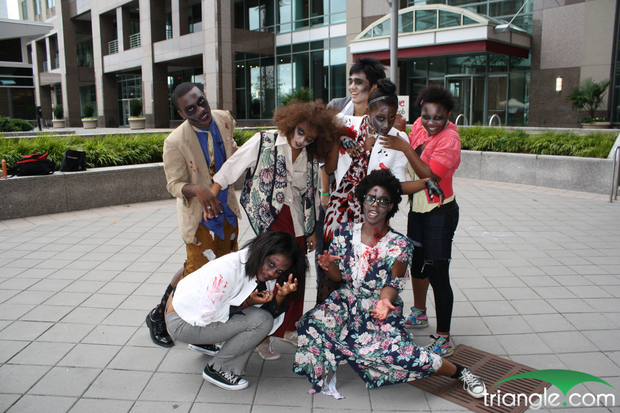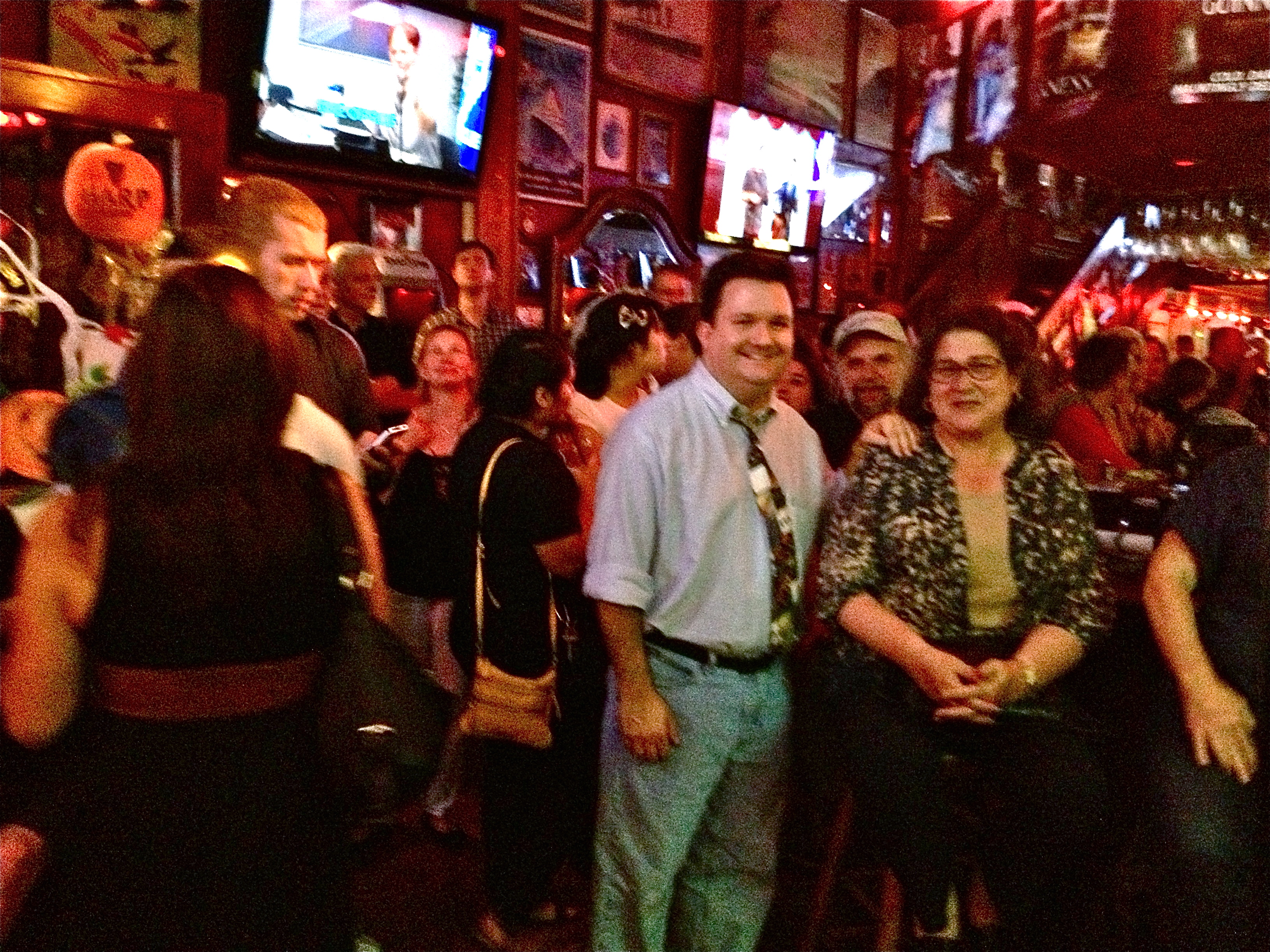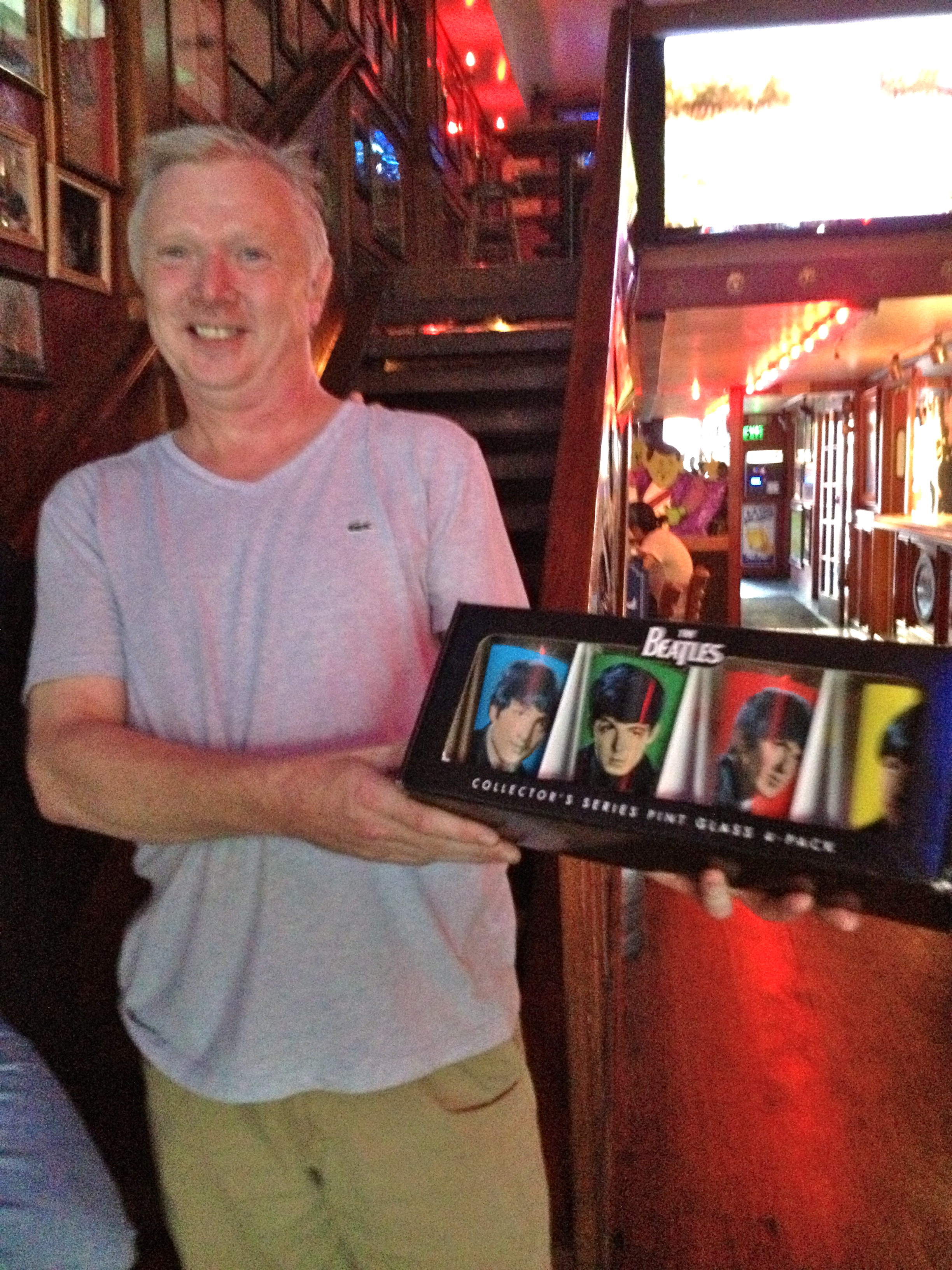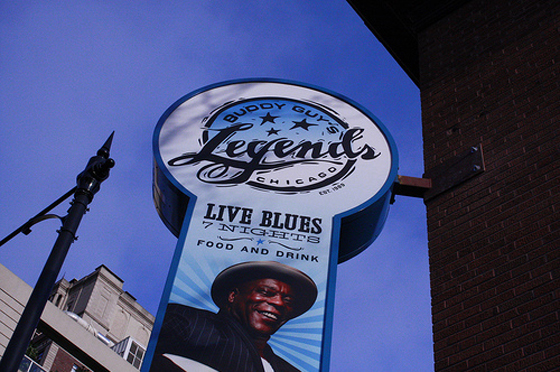A colleague reminded me the other day that 2012 is a milestone year in Penn State’s history: 150 years ago, the Farmers’ High School—the name under which the University was incorporated in 1855—became the Agricultural College of Pennsylvania.
Two more name changes lay in the future. The ACP became the Pennsylvania State College in 1874, which in turn became The Pennsylvania State University in 1953.
So what’s the big deal about the Agricultural College of Pennsylvania? And what does it have to do with research? (This is a research blog, after all.)
Take a look at the ACP’s seal – jam-packed with two dozen or so objects that suggest many areas of higher learning, including a test tube and a microscope and probably a few other items (that I can’t identify) used at that time in scientific research. (See all of Penn State’s official seals here.)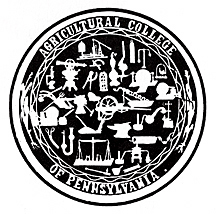
The ACP seal would be a nightmare in today’s world of sophisticated “branding.” But in 1862, its graphic elements reflected the blend of teaching and research activities that founding President Evan Pugh envisioned for Penn State. Pugh himself was a brilliant chemist who won international recognition for his experiments on the use of nitrogen by plants.
The name and seal of the Agricultural College of Pennsylvania were intended to strengthen the institution’s case to become Pennsylvania’s land-grant endowment. By early 1862, the High School’s Board of Trustees recognized that Congress would soon enact legislation establishing a nationwide system of land-grant colleges. Representative Justin Morrill’s bill called for each state legislature to designate one or more institutions as land-grant colleges. In exchange for offering instruction in scientific agriculture and in engineering, these colleges would receive an endowment created by sales of federal land. (Go here for more particulars.)
The Farmers’ High School had been established as a college of scientific agriculture, and in fact awarded the nation’s first baccalaureate degrees in that subject in 1861. Its founders had chosen the name “high school” for fear that farmers would be prejudiced against enrolling their sons in a “college,” which were widely perceived as places where boys typically partook of drinking and card playing, and otherwise developed evil habits.
But with the passage of the Morrill Land-Grant Act, the Trustees reversed their thinking. The “High School” moniker could weaken their claim that their institution was of baccalaureate-level quality. Numerous other colleges laid claim to Pennsylvania’s land-grant endowment; the competition was fierce. Supporters of the new ACP had to use every weapon in their arsenal.
They succeeded. On April 1, 1863, Pennsylvania designated what we know as Penn State as the Commonwealth’s sole land-grant college, and it has been thus ever since. The land-grant designation bestowed on Penn State its historic mission of teaching, research, and public service.
Also in 1863, the Agricultural College of Pennsylvania awarded its first graduate degrees—two masters of scientific agriculture. But that’s another story—and another anniversary. Watch for more about the 150th anniversary of graduate education at Penn State during the 2012-13 academic year.


